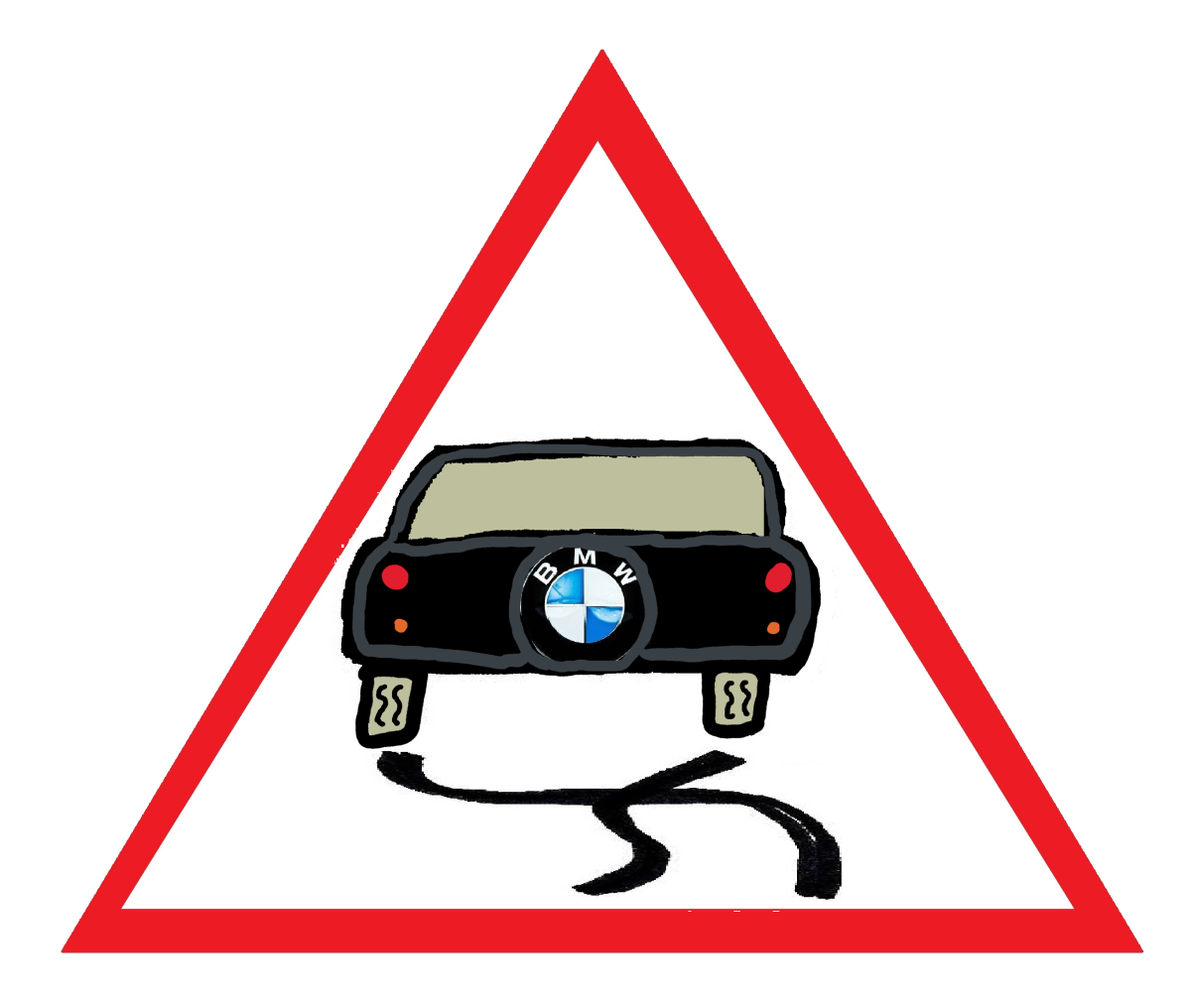How well do handheld flash tuners work?
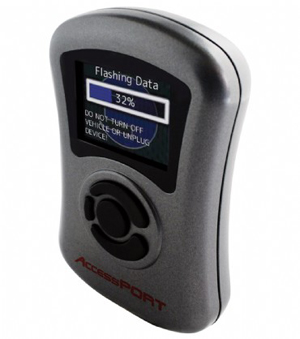
The bolt-on part used to be the simplest of performance purchases for the weekend mechanic, but in today's age of advanced ECU's and computer controlled systems you don't even need to pick up a wrench. Modifying the parameters of your car's ECU can yield very rewarding gains, especially if added to a collection of other performance parts. Standalone and piggyback ECU's work, but they're not always necessary. You should, however, always err on the side of caution when considering new purchases. The promise of easy, cheap modifications that boost vehicle power output and fuel economy are always going to catch the attention of car enthusiasts. If you've visited any forums or have experienced the world of aftermarket car components yourself, then you'll know to keep a watchful eye on these claims. Many aftermarket products promise huge power and torque gains for a small price, but too few deliver. As such, it's typical to be skeptical of the great claims made by manufacturers of plug and play flash tuners. For this reason, we'll talk you through exactly what you can expect from buying a flash tuner for your vehicle.
What works, and what doesn't?
First of all, a "flash tuner" only works on what are called OBD-II compliant vehicles. This is a designation given to the type of ECU used to control the car. Generally, cars made before 1997 are either OBD-I or predate the use of modern ECU's. If your car was produced after 1997 then a flash tuner is definitely worth considering. If you fall into the OBD-I category, you may want to consider some other alternatives which involve physically modifying the computer chips in your ECU or going to a standalone unit. Look for an article on these subjects shortly.
What does a flash tuner do?
Flash tuners are devices that connect to an OBD-II access port on your vehicle in order to modify various parameters within the ECU. These devices can make tweaks to fuel maps, ignition maps, torque limiters, and, depending on your make and model, a host of other parameters. A side benefit of such devices is the ability to diagnose engine codes and reset the airbag or check engine light. The term flash tuner comes from the device's ability to reflash the RAM memory in your car's computer. This results in easy and instantaneous performance gains and increases in fuel efficiency. The reason for changing these settings within the computer is twofold. First of all, every manufacturer makes compromises in the production of their vehicle. The factory tune is often conservative and runs the engine overly rich, robbing horsepower and torque. Secondly, any performance modifications made to your vehicle that affect volumetric efficiency, such as an intake or exhaust, are not optimized by the default settings of your ECU.
How much power can I make?
As with any performance modification, power gains are going to vary greatly between make and model. I've seen horsepower gains anywhere between 10 and 100 horsepower at the wheels. The highest gains are typically seen in vehicles that come with factory forced induction systems such as turbochargers and superchargers. However, naturally aspirated vehicles still see large gains. What's important to consider is not only the peak horsepower and torque gains, but also the amount of power gained throughout the RPM band. Posted below are a few dyno plots showing the power and torque gains from various flash tuners on different vehicles. Keep in mind though, that these products offer other performance benefits such as modifying throttle response and disabling speed limiters and torque limiters. The torque limiter can be a big deal to truck owners looking to haul large loads.
BMW 1M: +33whp +38ft-lbs
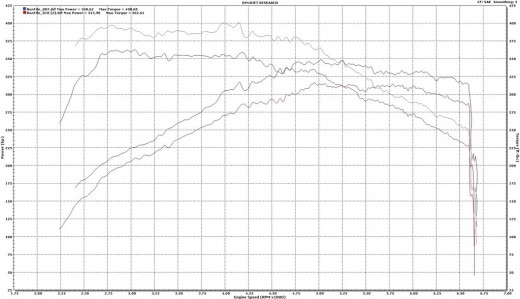
Mitsubishi Evolution IX: +48whp
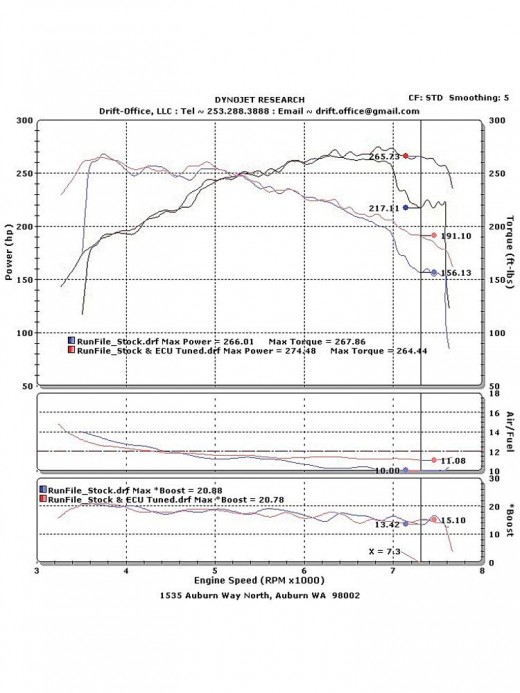
2009 Dodge Ram: +40whp +38ftlb
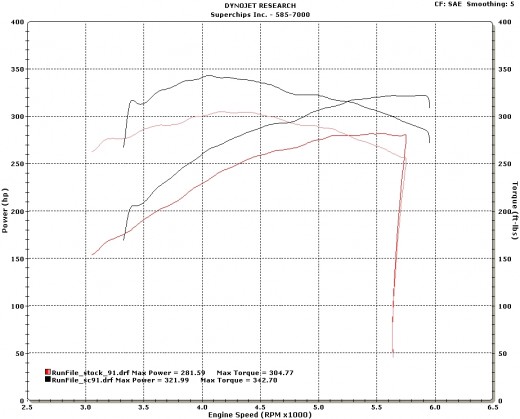
How much does it cost?
Flash tuners are almost always the best bang for your buck when it comes to adding horsepower to a modern vehicle. You can typically expect these products to ring up at around $200-$300 but other units that pack more features can go up to around $700. Considering the cost of cold air intakes and exhausts, which often yield less power gains, I'd say that's a pretty good deal. So yes, they really do work.
You might also like...
If you like this post, you might also like my articles on how to choose the right car modifications, how to plasti dip your wheels, how to choose performance tires, and the performance benefits of phenolic intake gaskets.


